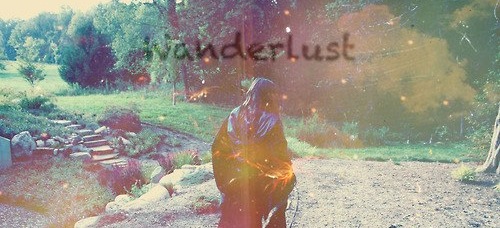Brave New World by Aldous Huxley
Series: None
Published: 1932
Publisher: London: Chatto & Windus
"One of the few science fiction novels of the 1930s that was considered a major work by the critics, this is a bitterly dystopian novel of 632 A.F. (After Ford). Funnier than the totally grim 1984, it stresses cloning, test tube babies, and genetic, hypnopedic, and drug control of the population, by a benevolent ruling class...Deeply thought-provoking and exceptionally well written, this is a seminal novel for modern SF." (Barron, Anatomy of Wonder 104)
This is a very interesting and thought provoking book. Kudos to Huxley for asking the tough questions. It is also a fast book. I finished this back in January, and I had no trouble getting through it. Some might complain of the heavy science that Huxley built his world on, but understanding of it beyond a surface understanding, is not necessary to understand the story. There is no need to get caught up in the fact that you might have no idea what he is going on about at some points.
That said, the fact that Huxley can be heavy science, but one needn't pay attention to it...does take away from the text. It becomes unnecessary, detrimental in its construction.
As for the story itself: there are not many redeeming qualities. At first, one thinks there might be, in the form on John. All the people of the day and age are powerless simpletons. They live a very easy life, a choice free life, and they love it. The government is so regulated and these people so conditioned that they question nothing. It's a very interesting concept. If people have to chose between choosing and not choosing, will they chose to not chose because it is easier? This line of questioning is what kept me engaged for most of the novel, despite the fact that nearly everyone seemed content with not choosing. Bernard was the worse of them all because he did not question the government, but questioned how the government effected him.
Then along comes a character who had never been conditioned to except his surroundings without question, who was used to "rebelling." He's thrust into this strange society, and it's truly interesting to see what happens. It's what ultimately ends up happening to him, though, that threw me from the story. I'm not going to say what, and whether it was good, bad, or mediocre. But it differed from what I would expect with life. Hint, I'm a dreamer. I very much agree with the sentiment of making art to better reality. And perhaps the ending of this book does in its own way. But not the way I would have preferred.



No comments:
Post a Comment